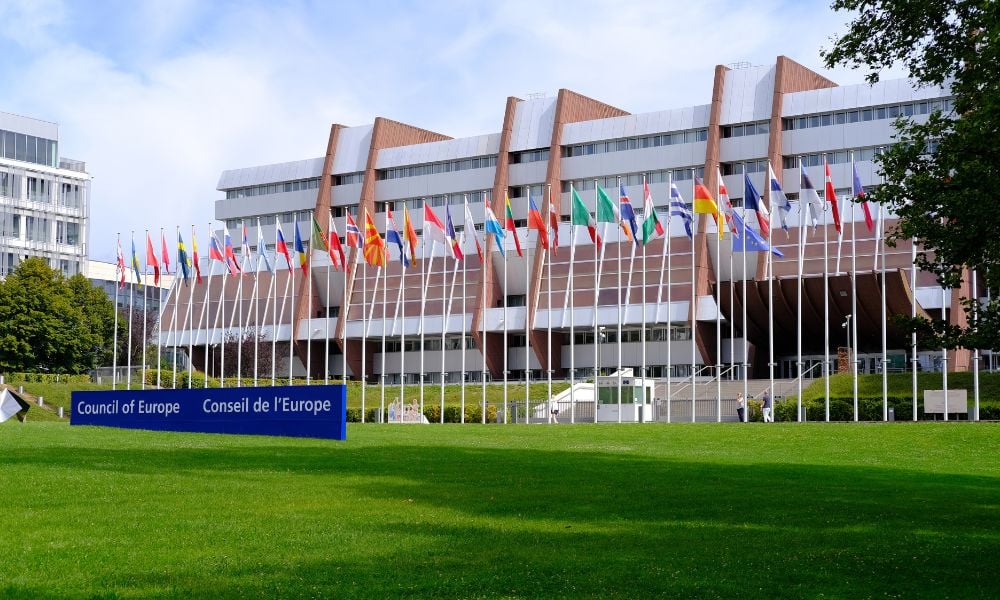
The convention sets guidelines for international collaboration on AI regulation

Canada has signed the Council of Europe Framework Convention on Artificial Intelligence and Human Rights, Democracy and the Rule of Law, joining 12 other early signatories in an effort to establish a shared legal framework for AI governance.
The agreement aims to address potential risks associated with AI while promoting international cooperation in its development.
Foreign Affairs Minister Mélanie Joly announced the signing. "Canada is proud to sign the first international convention on AI and human rights," Minister Joly said in a press release. "This will reinforce human rights and democratic norms in AI governance while strengthening transatlantic and global cooperation on AI, including in emerging markets and developing countries." Canada signed the agreement on February 11 at the AI Action Summit in Paris.
The convention, adopted by the Council of Europe in May 2024, sets guidelines for international collaboration on AI regulation. It will take effect once at least five states, including three Council of Europe Member States, formally agree to be legally bound.
In October 2024, the International Bar Association (IBA) officially endorsed the convention, stating that it is the first legally binding international treaty focused on governing AI systems and ensuring their compliance with fundamental human rights and democratic values.
Minister Joly highlighted that the agreement aligns with Canada's broader approach to AI governance, emphasizing adherence to democratic and legal principles. Canada's participation also ties into its 2025 G7 Presidency, where AI will be a key focus.
François-Philippe Champagne, Minister of Innovation, Science and Industry, noted that the government will continue working with G7 partners to ensure AI supports economic and social priorities.
Before signing the convention, the federal government consulted provinces, territories, Indigenous groups, and experts. Officials have stated that engagement with these stakeholders will continue during the implementation process.
Ginette Petitpas Taylor, president of the Treasury Board of Canada, stated that the convention aligns with Canada's forthcoming AI strategy for the federal public service, which is intended to guide AI use in government services and research while maintaining public trust.
As of February 11, Andorra, Canada, Georgia, Iceland, Israel, Japan, Norway, Moldova, Montenegro, San Marino, the United Kingdom, the United States, and the European Union have signed the convention.
Canada, which has held observer status with the Council of Europe since 1996, took part in the convention's negotiations, advocating for its policy priorities, including adherence to international law.